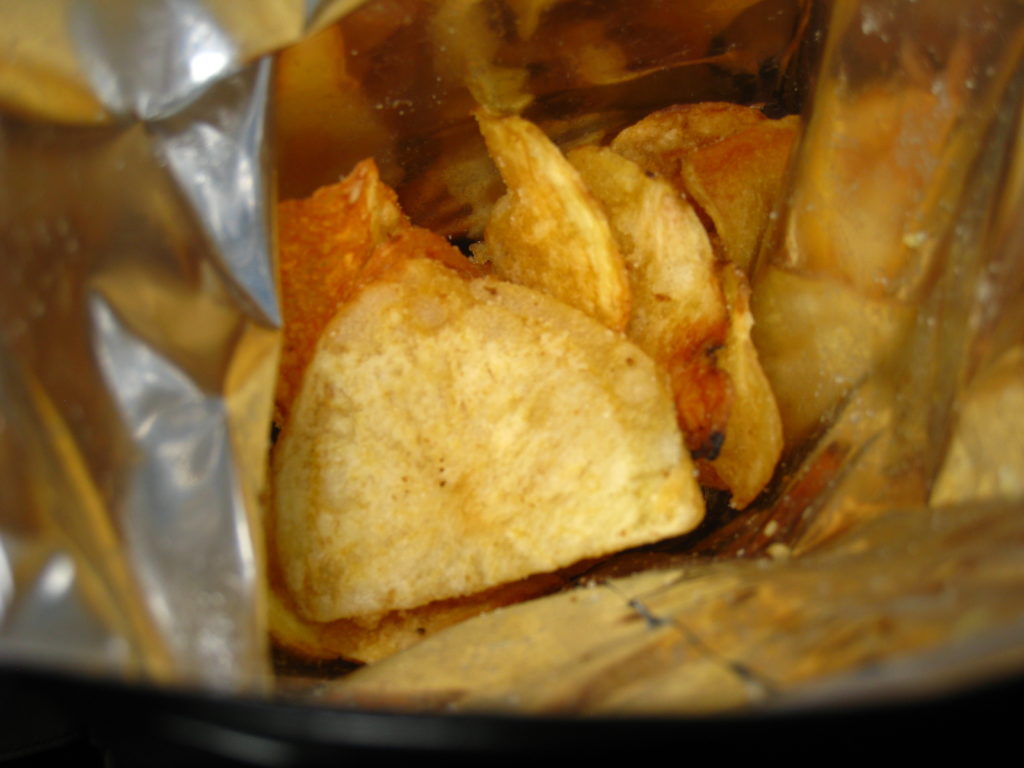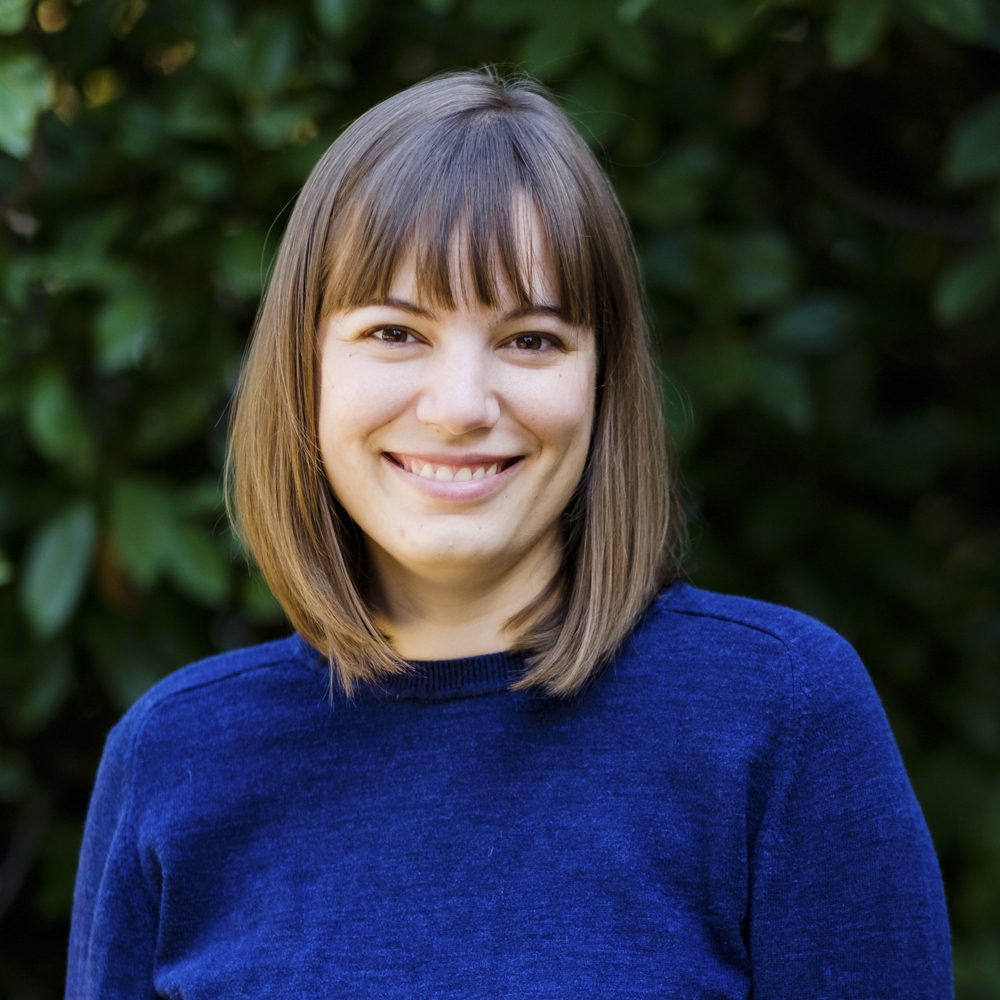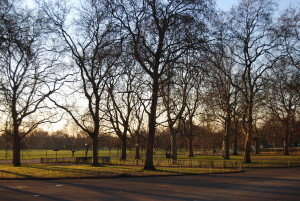We drive the long, dark distance from the countryside, deep into the heart of the city. It is 4:00am, and the roads are empty. Even the London streets are deserted, the shadow of our car revolving around us as we approach and pass the street lights, circling the roundabouts. We park our car, find our train, and fall asleep even before it pulls away from the platform.
We wake and sleep and wake and sleep while the train leaves the station and clatters over and under the London streets, into the English countryside. It ducks under the channel, sweeping faster and faster, emerging into France like a bullet. Telephone poles flash by in a blur. Condensation forms outside the windows, the drops swept away as quickly as they form.
The rails curve towards Paris, first the suburbs, and then the ancient city itself. Domes and spires rise to greet us. When we get off the train, we are overcome by the smells of the city: coffee and urine and baking bread and another train leaving. And another. Black smoke churns and follows us out into the early morning streets.
There is no quiet place and not a word of English. Following the trail laid before us by the magazine you read, we go from place to place, from patisserie to patisserie. Flaky croissants and bichon au citron line up inside bright displays alongside macarons and Mille-feuille. We cannot take a bite without moaning and rolling our eyes. We walk the cobblestones down vacant alleys, the sugar coursing through our veins. The sun is barely up.
We stroll into the square and along the river and disappear down into the Louvre. The Mona Lisa stares quietly, at us of all people, her gaze skimming the top of the crowd. This place is like another culture, an ancient civilization, and when we come back up from that land of oils and sculpture I’m surprised to see we still have cars. We still have airplanes. I had expected the world to revert back a thousand years.
 In the heat of the afternoon we sit on a bench drinking bottled water, pulling apart a fresh baguette, watching people from all over the world. It is like Babel: the languages, the laughing, the confusion. People talk with their hands, pointing here and there, asking questions that go unanswered. It is a beautiful chaos.
In the heat of the afternoon we sit on a bench drinking bottled water, pulling apart a fresh baguette, watching people from all over the world. It is like Babel: the languages, the laughing, the confusion. People talk with their hands, pointing here and there, asking questions that go unanswered. It is a beautiful chaos.
The afternoon crawls onto our backs, slows us, weighs us down. We meander. We lie down in the grass across from Notre Dame and you fall asleep. I watch, your eyes closed, eyelids fluttering. The sky is blue. People wait in a line to enter the cathedral. Then, suddenly, it’s time, and we’re back on the sidewalk hailing a cab to La Gare du Nord with its sweeping face, it’s glaring glass. We’re back on the train, the countryside vanishing into night. We are under the channel once again, rising up into the London skyline, then under the streets.
We drive the long drive home, the highways emptying, the sky a splash of stars. Trees bend down to touch our car as we pull in the long lane. The high hedges whisper, “They are back. They are back. They are back.”



